As Heraclitus said in Plato’s “Cratylus,” “everything changes and nothing remains still … you cannot step twice into the same stream.”
The current Lake Okeechobee water releases have stirred up some serious controversy, and the fact of the matter is that there is no easy solution or answer to the problem.
When you dive into the facts of the situation, it actually becomes a bit murky what the problem actually is.
Is the problem the dike? The water quality? The amount of water being released? The human population? The animal population?
Here are a few certainties: there are two sides to every story, so first and foremost, educate yourself before you decide to take a stance. Nothing is worse than an uneducated, one-sided argument.
A situation that involves so many different parties — the environment, humans, wildlife, the government, farmers, fishermen and many more — is almost never going to be black or white; you’ve got to be ready to flail about in the gray area if you want to truly understand.
Let’s talk about why the releases started. There was a record high amount of rain in January, and it brought the water levels of Lake Okeechobee much higher than they should be.
The Herbert Hoover Dike, which exists solely to stop water from coming out of the lake and flooding the surrounding areas, is not in very good shape.
There was fear that the dike would break and the surrounding areas would flood, so they started to release the water.
If you’ve seen pictures, you know that once the water reaches the east and west coasts, it looks like a big, dirty patch of water. People don’t like dirty water. Neither does wildlife.
My first thought was, “Wow, that’s really gross. How could we do that to our environment? We’re going to kill everything!”
But, when I started thinking about it, I also thought, “Well, is it truly dirty, or is it just darker water than the water it’s mixing with?” I mean, when you go swimming at the beach, water visibility is always better than in a lake.
Unfortunately, there is no set answer on that yet, but it is a possibility. That in no way means that the water is still not damaging the estuaries and coastal waters, it simply means that it may not necessarily be dirty.
Win Everham, a professor of marine and ecological sciences at FGCU, attended a regional planning council meeting a couple weeks ago, where he learned a lot and got to hear the different sides being argued.
“Water coming out of many of the freshwater systems in South Florida has a lot of tannins in it from Cypress or Oak trees, so it’s dark,” Everham said. “It doesn’t necessarily mean it’s dirty. Maybe, it’s dirty. But, it’s confusing for people. This might be clean water, or less dirty than you thought, but then, what’s the problem? Well, it is true that large amounts of freshwater in estuaries is considered pollution.”
One of Lake Okeechobee’s main purposes is flood control. That’s precisely why it’s set up to drain water. The thing is these releases typically happen during the rainy season, in June and July, not in January.
This unexpected release is raising a lot of questions: can the estuaries the water is being released into handle it? Will the extra billions of gallons of water ruin the natural balance in estuaries?
Probably.
Would a repeat of the 1928 hurricane that claimed the lives of over 2,500 people due to Lake Okeechobee flooding be even worse now? Yes.
Folks, there is no easy answer. Something had to be done, and with human lives at risk, a decision to release the water to prevent the dike from breaking was made. I don’t envy anybody on the decision-making committee.
Besides the environmental impact, there’s another prominent argument focused on the economy.
“The guys who are talking about the negative impacts are right,” Everham said. “If the estuary is damaged, that damage echoes through the quality of our life and our economy. Dead fish washing up on the beach does not attract tourists from Germany, nor fishermen.”
So, would fixing the dike or releasing the water south instead of east and west to the coasts be better? That way, it would affect the tourism less, right? Maybe. Are you catching the drift here? There is no sure, right answer.
We have never been in this exact situation before.
So, criticizing the releases with certainty that you have a better answer or supporting the decision with no regard for the other side is not helpful at all. Do your research. Strive to understand. Keep an open mind.
This is where the quote at the beginning of this article comes into play — change.
“The only thing that’s been true forever is that things change,” Everham said.
We can lean on history to try to make an educated decision, we can run tests and scour data to glean some vague idea of what should be done, but we can’t be certain. We are only human. We can only do so much.
I am a firm believer that as our population continues to grow, and especially as the Internet keeps us more connected than ever before, decision-making is only going to become harder. More people mean more opinions and more room for disagreements and emotions and all of that. We have to figure it out, but it’s not going to be easy.
These water releases are a great example of how complicated making one decision can be.
I think that it’s in our best interest to realize how truly insignificant we are in the grand scheme of this situation. Don’t take that the wrong way now; you are a significant person, but frankly, unless you possess a degree that serves to help make decisions about what should be done, there’s not much you can do.
If you can’t be part of the solution, please don’t be part of the problem. Stand up for what you believe in, if you’ve got some real, hard, scientific facts, but please don’t go around spewing information that you “read somewhere,” without checking your facts, and preaching how terrible or great the whole thing is, because the truth is, you don’t know.
On the flipside, healthy debate is totally encouraged. I am fully aware that I have no idea what should be done, but I am fascinated by the whole thing and have had several in-depth discussions about the happenings and what-ifs. It’s especially nice to do so with somebody who knows more than you do.
It helps me to remember that the Earth has healed itself many times before and will continue to. Some species may die, and that’s unfortunate, but again, it’s been happening forever. New species will come; things will change.
All we can really do is go with the flow.

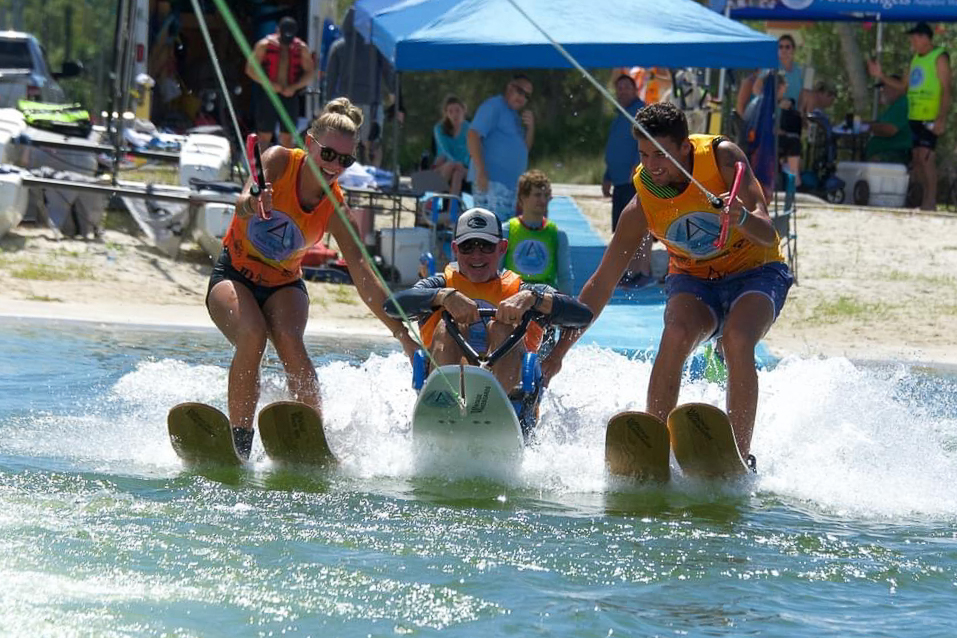







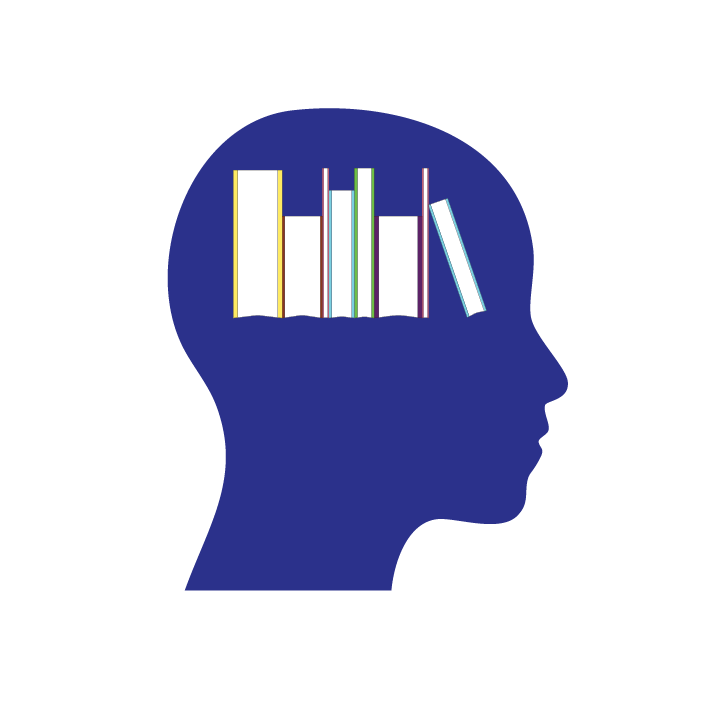
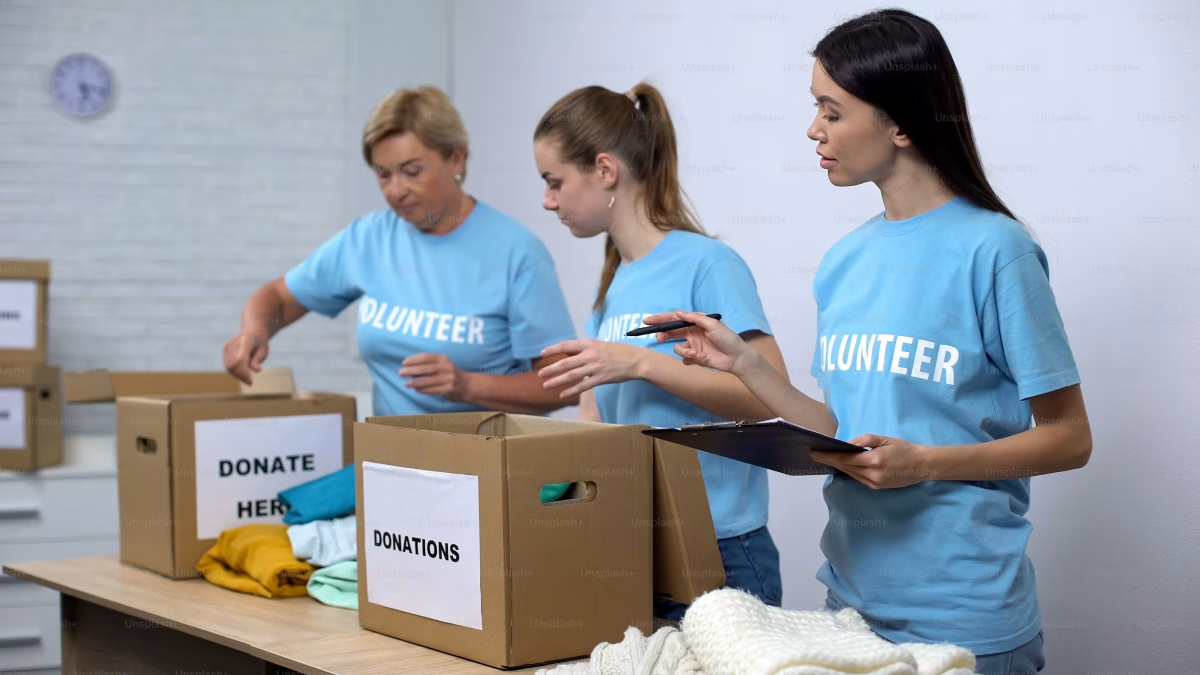
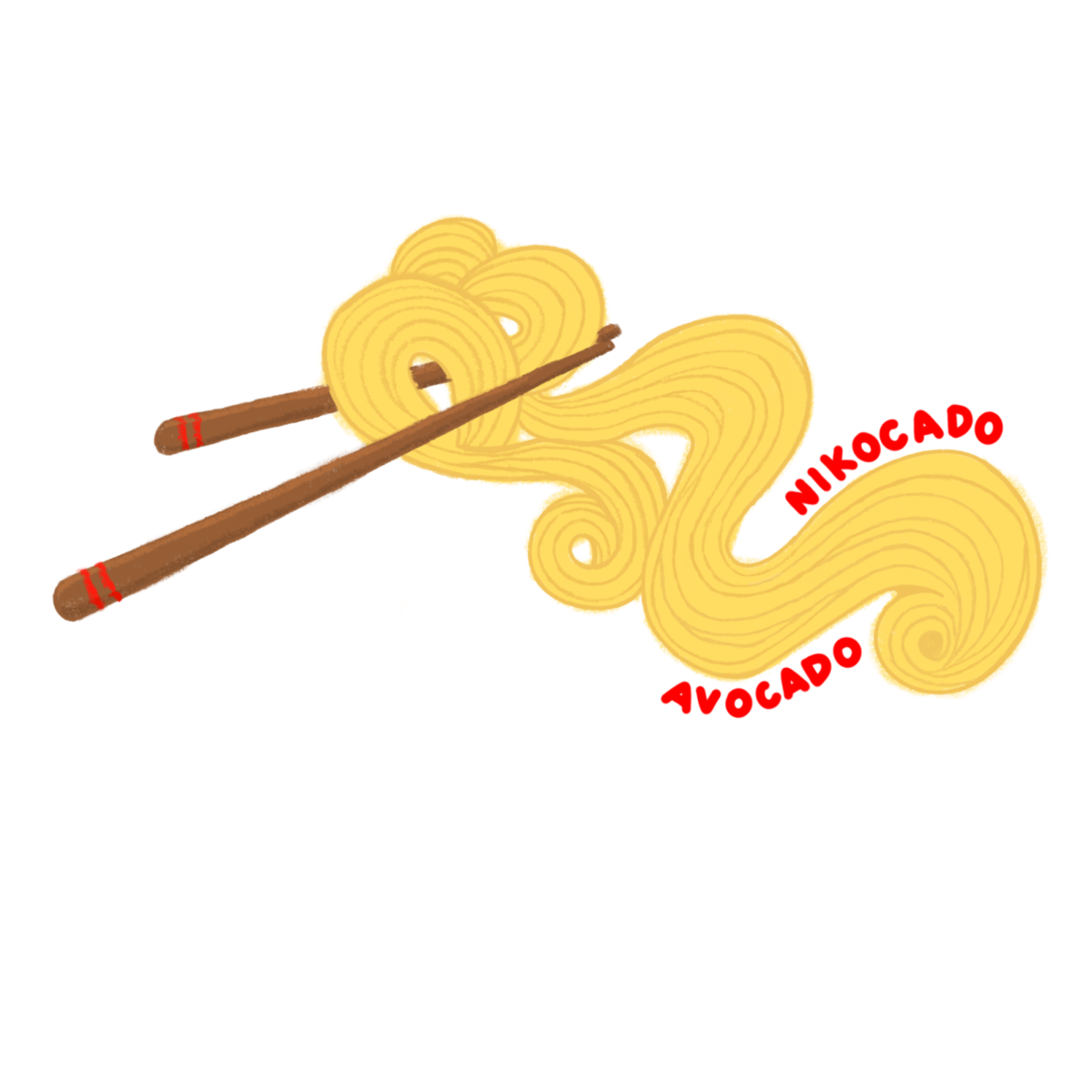
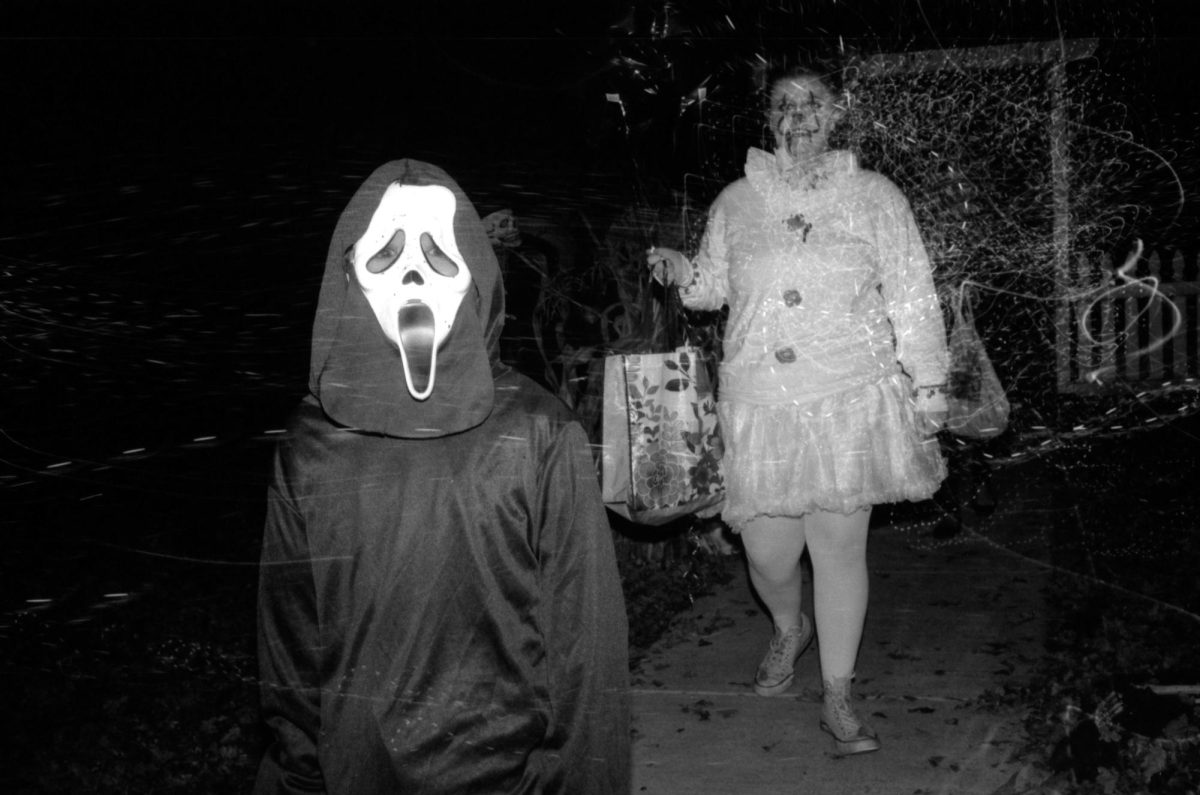

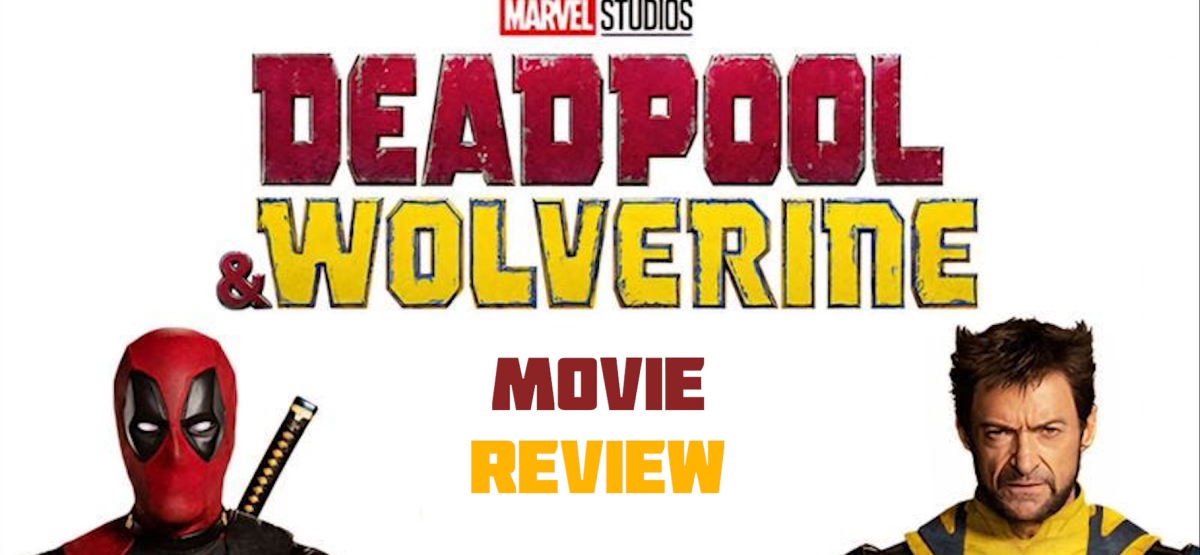











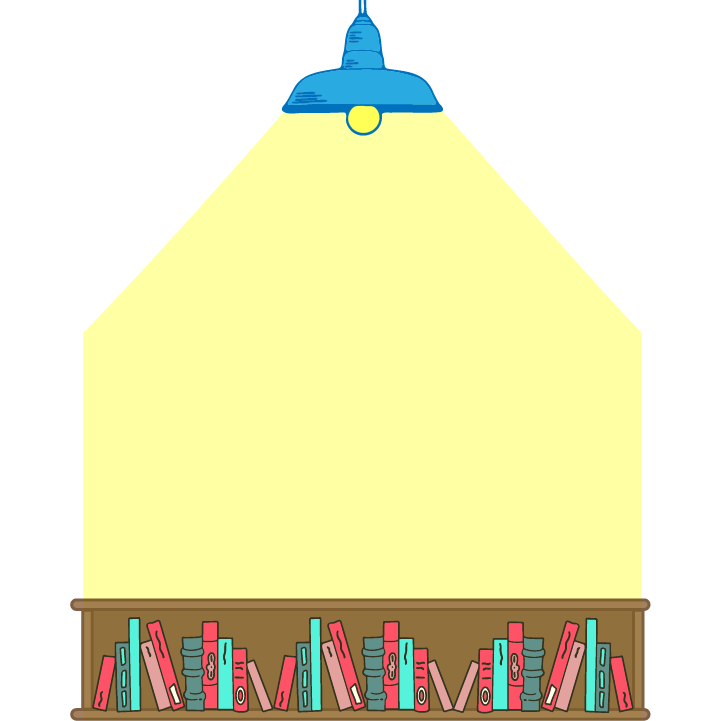





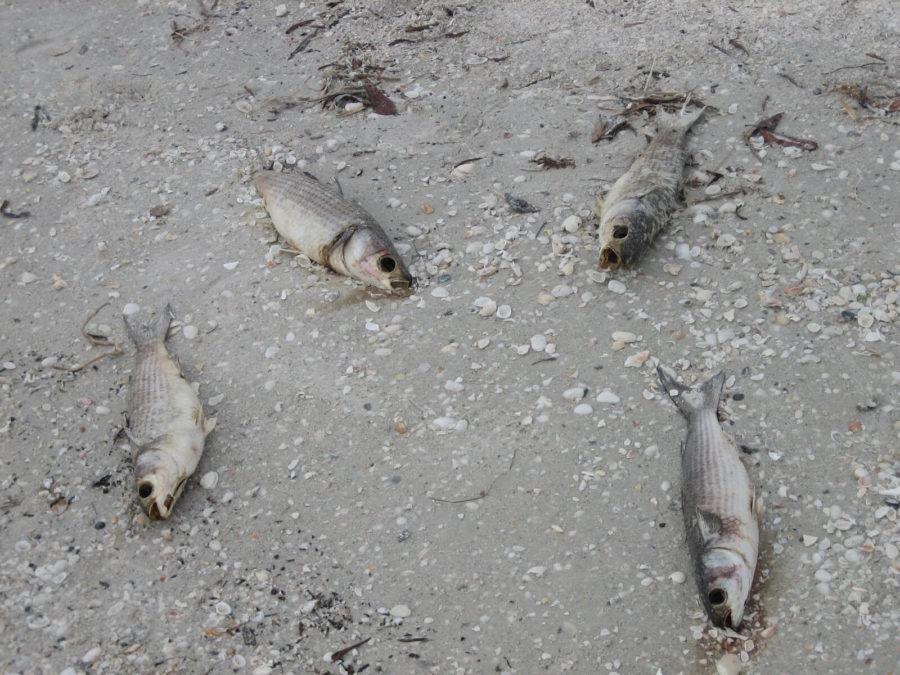
Wyler Gins • May 26, 2016 at 4:58 pm
The same people comment on every Lake O water article. Eagle News, please post more about this issue, and don’t stop until we have connected Lake O with the Everglades. These people at US Sugar are getting more and more pressure every day and our momentum is building. They are getting nervous to the point that they have to comment on every Lake O article published by Eagle News. Every comment here about storing water to the north has to come from either a US Sugar supporter or employee. 207 scientists already disproved that option, yet they still try to discredit every article meant to educate more people on the issue.
Brandie L • May 23, 2016 at 11:41 am
If what you say about South Fork is true, something fishy is going on…
Natalie C. • May 23, 2016 at 1:09 am
I also remembering hearing that South Fork was closed to swimmers for a while before to the discharges begun. Evidence that other issues are harming our local waterways.
Rob K • May 21, 2016 at 11:49 pm
Fixing the dike will help but another main focus should be the septic tanks that dump nitrogen and other garbage in our waterways.
Brandie Leggmont • Apr 29, 2016 at 11:59 pm
First matter of business is aiming to utilize the land we have to fix the Herbert Hoover Dike. We also need to focus on utilizing the land we have in the North to store water. There, problem solved! 😉
Bryce Greene • Apr 29, 2016 at 8:24 pm
I fail to understand why this is so complicated. The majority of water entering comes from North of the Lake. Purchase more land up there and fix the problem – EASY DOES IT!
Nancy • Apr 29, 2016 at 8:22 pm
The solution is already made itself known. Purchase more storage north of the Lake.
Molly P • Apr 21, 2016 at 3:41 pm
There are over 300,000 septic tanks along the waterways that are most definitely leaking. They even found traces of Splenda (sucralose) in the water. How would that get in there unless the septic tanks were leaking?
Mack Tonia • Apr 18, 2016 at 8:32 pm
Just fix the dike. Everything else will fix itself. Sometimes fresh water flows through the estuaries due to large amounts of rain. It flushed the pollutants out of the waterway systems and helps bring about a clean ecosystem. From what I hear, the water in Lake O is clean. It’s the sewage runoff from communities along the waterway that are making a stink.
Maury • Apr 11, 2016 at 2:31 am
Simple solution:
FIX THE WATER STORAGE ISSUE IN THE NORTH!
Jenna Murphy • Apr 10, 2016 at 8:50 pm
We could fix this if only there was more storage in the NORTH. Water from the north enters the lake six times faster than it can be released. Fix the storage issue in the north and everyone wins.
Daisy Eloise Applewhite • Apr 8, 2016 at 4:17 pm
I’m not disturbed by the brownish color of Lake Okechobee. I lived for a time in Norfolk,VA and we’d take a Sunday drive down to Lake Drummond in the Great Dismal Swamp. The water was always reddish brown from the tannin in the leaves that fell into the lake. No more toxic than a cup of water tuning brown when you dip in a teabag. So I’m in Florida near Lake O and the only thing I worry about is the water pouring into Lake O from the north. That water has got to be contained and controlled north of the lake.
Ben Longmont • Apr 7, 2016 at 10:27 pm
The water is fine. IT’s just the tannins in the water that make it look dark and disgusting. This is natural. IT has nothing to do with pollution coming from the lake. I do agree that the Dike needs to be fixed but I thin there is some federal money in place to pay for it already. We need to clean the water that is entering the lake from the north. Then there will be no more problems and everyone will be happy.